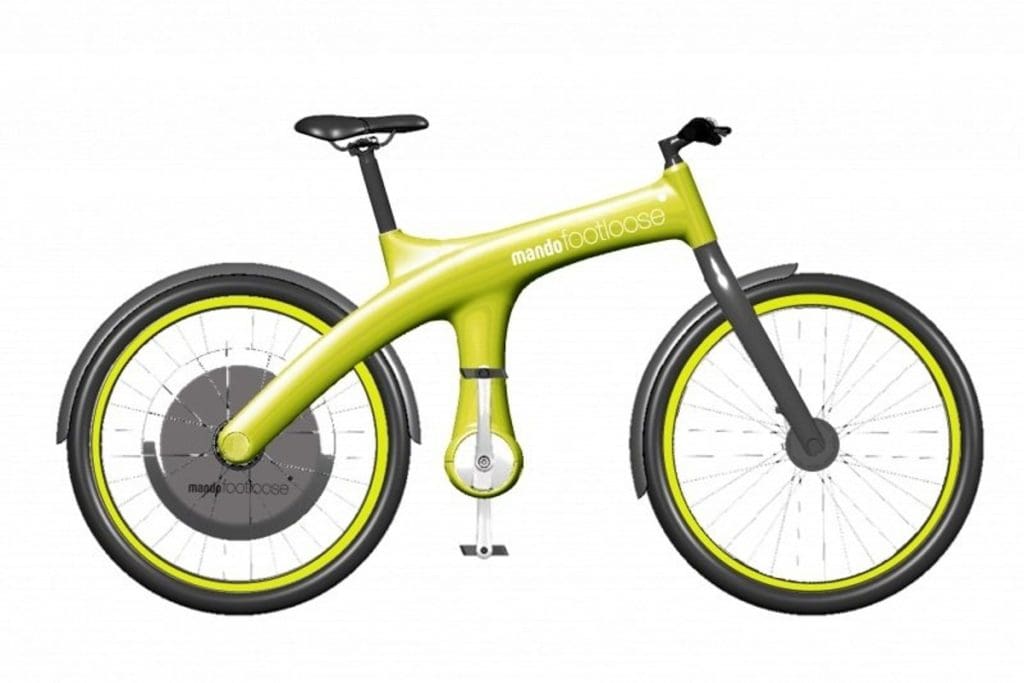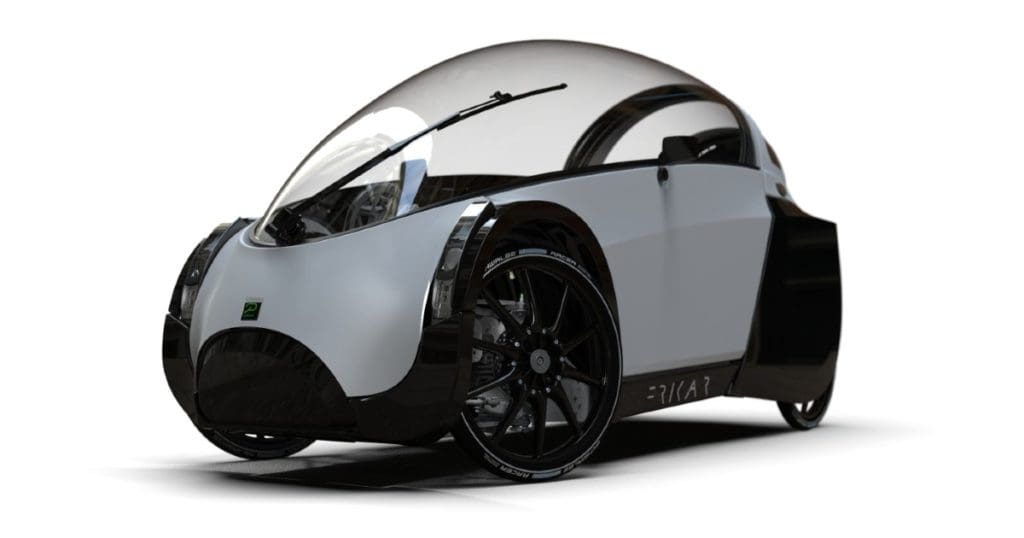Hybrid Series Ruling Clears Path For Greater Innovation

Brussels, Belgium
A European Commission ruling classifying Series Hybrid e-bikes as bicycles has opened the door for further technological development, according to a peak European body for electric vehicles.
The Light Electric Vehicle Association of Europe (LEVA-EU) has been campaigning the commission for nearly five years to have series hybrids (e-bikes without a physical chain) categorised as bicycles. It followed a warning in 2018 from the German approval body, Kraftfahrt Bundesambt (KBA) that dealers selling a specific electric bike without a chain, the Mando Footloose, risked a €5,000 (A$7,713) fine.
The Mando had pedal cranks attached to a fully enclosed alternator, sending the human-generated energy from the pedals straight to a motor located in the hub of the rear wheel.
KBA ruled that series hybrids, in which energy flows directly from a pedal generator to the motor, should be classified as L-category vehicles, along with motorbikes, mopeds, quadricycles and ‘micro cars’.
A few years earlier, Dutch approval body RDW declared that series hybrids are electronically power assisted cycles (EPAC).
Since 2012, a number of companies have started developing series hybrid systems (SH), which have been particularly suited to cargo bikes, according to a statement from LEVA-EU.
“Because the system has fewer mechanical parts, it offers the benefit of less wear and maintenance costs. That in turn allows for reduction of fleet maintenance and service intervals,” the statement says.
“It also offers more design freedom and a higher potential to customise the digital system to the needs of specific riders, eg. for elderly and handicapped people, commuters, delivery and courier riders.
“Finally, the SH-system also allows a reverse function, which is particularly interesting for e-cargocycles or other EPACs with more than two wheels.”
LEVA-EU has been lobbying for the “removal of legal bottlenecks in technical legislation, which seriously obstruct technological development”.
It says uncertainty on the legal status of SH systems was becoming a major stumbling block for manufacturers’ potential customers and investors, so LEVA-EU requested a meeting with the commission.
The commission clarified, at a meeting with EU member states on 17th February, that pedal cycles met the classification of EPACs if:
- They are equipped with an auxiliary electric motor with a maximum continuous rated power of 250 watts.
- The motor cuts off when the cyclist stops pedalling.
- The motor is otherwise progressively reduced and finally cut off before it reaches 25kmh.
It confirmed this includes e-bikes without chains.
LEVA-EU said the declaration gave SH-system bikes the same status on the road as conventional bicycles in all EU member States.

Groundbreaking Decision
Norwegian manufacturer Podbike has welcomed the clarification as “groundbreaking moment” for its FRIKAR e-bike and other EPACs.
“This will be a game changer for the expansion of ebikes in Europe,” according to Podbike, which has also been lobbying for the ruling for the past five years.
It said the “regulatory confusion” didn’t prevent Podbike and other manufacturers from pressing ahead with their ideas because they were “confident common sense would prevail”.
“But the EU’s slow response did discourage investment in the hybrid bike design sector, and likely hindered other e-bike design innovations during the last five years.” The clarification comes at a particularly important time for Podbike, which is preparing to release its Frikar four-wheeled electric vehicle this year.
